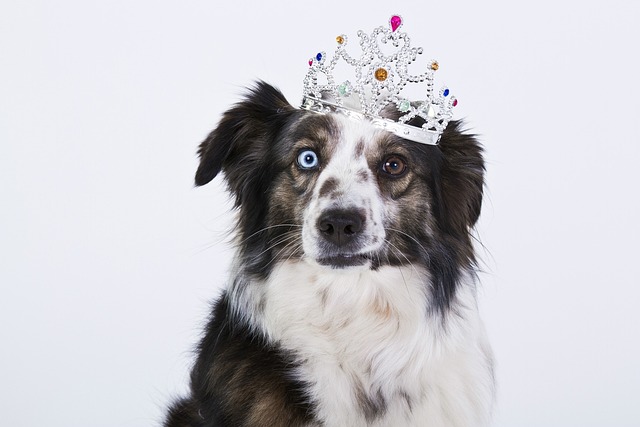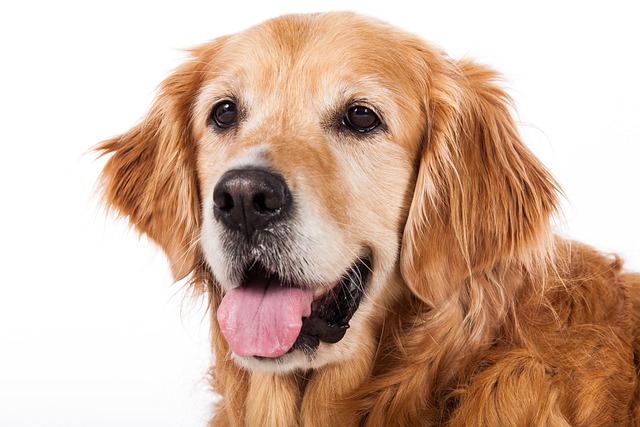
Should I give my dog vitamin supplements
If you’ve ever stood in the pet store aisle, staring at bottles of dog vitamins labeled “immune support” or “shiny coat,” you might’ve wondered if your pup really needs them.
Gastrointestinal health in dogs is a topic that often stirs concern, especially for those of us who consider our pets family. In my experience, early recognition of signs of gastrointestinal problems in dogs makes a genuine difference in outcomes. It’s easy to spot the dramatic moments—vomiting on the carpet, a sudden bout of diarrhea—but what about the moments that are barely a blip on your radar? Sometimes, the earliest warnings are found in the quiet shifts in your dog's behavior rather than the more dramatic physical symptoms. Actually, becoming attuned to these subtle cues can be the most powerful tool you have for safeguarding your companion’s digestive health.
Let’s be honest: most pet owners can recognize the big, classic signs of digestive distress. Vomiting, diarrhea, and loss of appetite usually set off alarm bells. But what about the early signs of digestive issues in dogs that slip under the radar? There are subtle symptoms of dog gastrointestinal problems that are just as important—maybe even more so. For example, you might notice your dog licking their lips more often than usual or swallowing repeatedly for no obvious reason. Some dogs suddenly lose interest in treats they once loved, or their enthusiasm for mealtime wanes. Others may drift into lethargy, seeming less eager for walks or playtime. Then there are those strange moments of restlessness, where your pup just can’t seem to get comfortable, circling or shifting positions. These behavioral changes indicating dog stomach issues aren’t always dramatic, but they matter.
So, how can you tell if your dog has a digestive problem before it becomes obvious? Early behavioral changes are often the first whisper that something isn’t right. I’ve seen dogs who, out of nowhere, start hiding under the bed or in closets, seeking solitude when they’re usually social butterflies. Restlessness is common, too—your dog may pace around the house at night or be unable to settle in their favorite spot. Changes in drinking habits can also be telling; an increase or decrease in water consumption can signal gastrointestinal distress. Some dogs become clingier, seeking comfort from their humans, while others withdraw and seem distant. Even subtle shifts, like more frequent grass eating or gentle whining, can be early indicators. These patterns might seem random, but they’re worth watching, especially if they persist for more than a day or two.
Why does catching these early signs of gastrointestinal problems in dogs matter so much? Simply put, timely intervention can prevent minor issues from spiraling into serious health crises. When digestive problems are identified early, treatments tend to be less invasive, recovery is faster, and the risk of complications is lower. Dogs are masters at masking discomfort; by the time the obvious signs appear, they’ve often been unwell for a while. Recognizing these subtle cues enables you to provide prompt veterinary care, potentially saving your dog from unnecessary pain—not to mention saving yourself from sleepless nights of worry. In my practice, I’ve witnessed how early attention can make the difference between a quick recovery and long-term digestive troubles.
Of course, not every behavioral change signals a crisis. Still, there are moments when it’s wise to consult a veterinarian. If you notice persistent changes in appetite, ongoing lethargy, repeated vomiting or diarrhea, or any combination of subtle symptoms of dog gastrointestinal problems, don’t wait for things to escalate. If your dog is straining to defecate, retching without producing anything, or if there’s blood in their stool or vomit, seek help immediately. Your veterinarian may recommend a combination of physical examination, laboratory tests, imaging (like X-rays or ultrasound), and even dietary trials to pinpoint the cause. The goal is to catch issues early, so trust your instincts—if something feels off, it probably is.
For those who want to stay a step ahead, I always recommend keeping a daily health journal for your dog. Jot down notes about their eating and drinking habits, energy levels, and any out-of-the-ordinary behaviors. It doesn’t have to be fancy—a few bullet points in your phone or on a notepad will do. Over time, patterns become visible, making it easier to spot deviations. You might even take quick photos or videos if your dog is doing something unusual; these can be invaluable for your vet. Observant owners are an essential part of their pet’s healthcare team. Small changes—like noting a skipped meal or an odd episode of licking—can provide critical context when you need to describe symptoms to a professional.
So, if there’s one thing I hope you take away from all this, it’s that your close bond with your dog is the best early-warning system you have. Trust those quiet observations. When in doubt, reach out to your veterinary team; they’re there to support both you and your pet. Being proactive doesn’t just protect your dog’s health—it deepens the trust and connection you share, turning you into a true advocate for their well-being. Actually, that’s the kind of care every dog deserves.

If you’ve ever stood in the pet store aisle, staring at bottles of dog vitamins labeled “immune support” or “shiny coat,” you might’ve wondered if your pup really needs them.

If you’ve ever thought about swapping your dog’s kibble for something homemade, you might’ve worried: “Will I get the nutrients right?”

If you’ve ever watched your dog tilt their head like they’re confused, or scratch at their ear until they whimper, you might be seeing signs of an ear infection.

Golden Retrievers, with their lush coats and playful spirits, often steal hearts in parks and homes alike. But that same thick fur that makes them so cuddly can sometimes be a double-edged sword when it comes to skin health.

If you’ve ever left a friend’s house with a dog and spent the next hour sneezing, your eyes red and watery, you’ve probably wondered when the discomfort will end.

If you’ve ever watched your dog scratch until their skin turns red, or noticed them licking their paws raw after a walk, you’ve probably wondered what’s causing their discomfort.